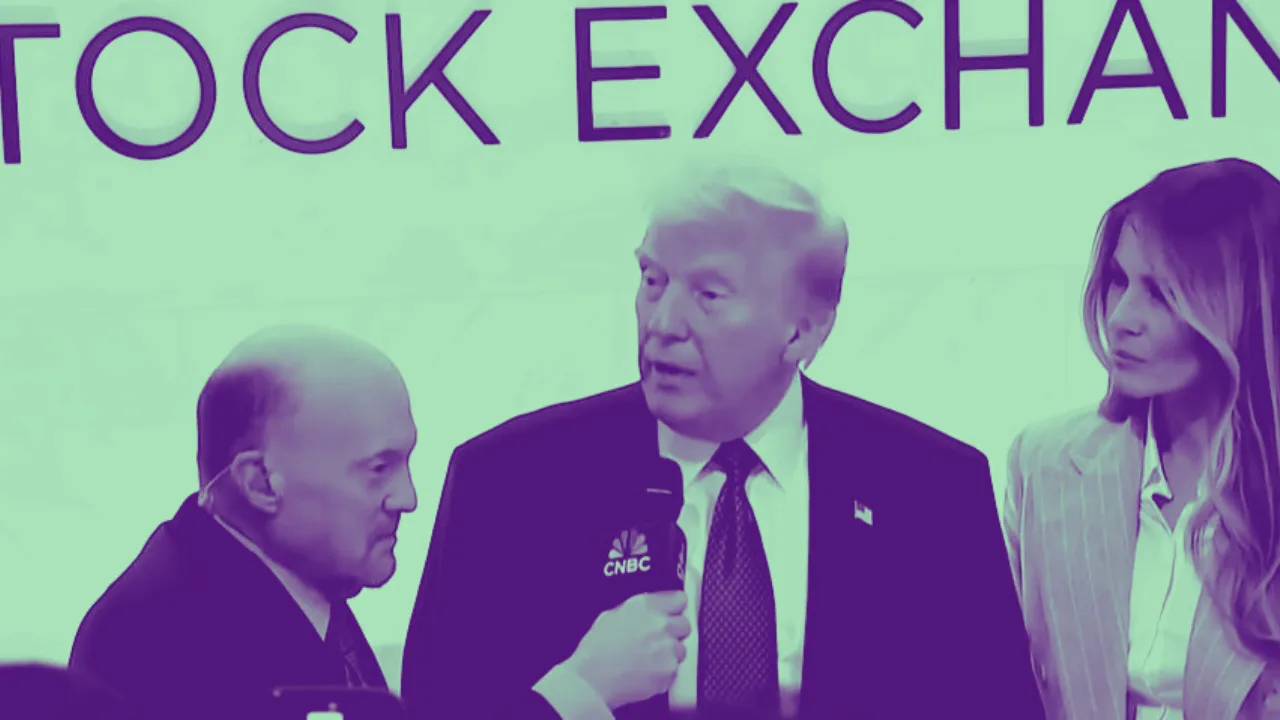Elon Musk’s approval rating has taken a brutal hit — and investors would be foolish to ignore the warning signs.
A new ABC News/Washington Post/Ipsos poll reveals a sharp decline in Musk’s public standing as his controversial leadership of the Department of Government Efficiency (DOGE) under President Trump faces growing backlash.
While Musk is no stranger to controversy, this time is different. His political entanglements are beginning to damage Tesla’s business, inject new risks into SpaceX’s future, and create fresh volatility across markets.
Investors need to pay close attention — because when Musk’s reputation sours, money moves.
Elon Musk’s Approval Rating Collapse
The April 2025 ABC News/Washington Post/Ipsos poll paints a clear and ugly picture: Only 35% of Americans approve of Musk’s performance leading DOGE, while a stunning 57% disapprove. (Washington Post)
That’s a massive shift from February, when disapproval was at 49%. The numbers reveal a growing rejection across critical demographics:
- Among adults under 30: 62% disapprove.
- Among independents: 57% disapprove.
- Among Americans without a college degree: 54% disapprove.
ABC News notes, “The public largely opposes the aggressive federal cuts Musk is pushing.” (ABC News)
This data shows Musk isn’t just unpopular with liberals — he’s hemorrhaging support from swing voters and key market-driving demographics.
Key Drivers Behind Musk’s Unpopularity
At the heart of Musk’s freefall is his aggressive campaign to slash federal government operations to the bone.
Under Musk’s direction, DOGE has implemented sweeping layoffs and agency closures, including:
- Near-total shutdown of the U.S. Agency for International Development (USAID).
- Major funding cuts to the National Institutes of Health (NIH).
- Full closure of the Department of Education.
These moves triggered a massive backlash across the political spectrum.
The ABC News/Washington Post/Ipsos poll highlights:
- 77% of Americans oppose cutting federal funding for medical research.
- 66% oppose shutting down the Department of Education.
- 62% oppose freezing humanitarian aid for health and food services.
Ipsos analyst Mallory Newall summed it up bluntly:
“There is bipartisan opposition to Musk’s most extreme cost-cutting proposals.” (Washington Post)
This growing disapproval matters for investors because Musk’s cuts directly impact industries like biotech, education technology, and international development contracting — sectors that traditionally attract significant private investment.
Political Fallout: Trump’s Calculated Risk
President Trump, who tapped Musk to lead DOGE after his 2024 re-election, has so far stood by him publicly.
At a Wisconsin rally earlier this month, Trump said:
“Elon is doing what needs to be done. America can’t keep wasting trillions.” (Washington Post)
However, Trump’s tone has subtly shifted in recent days. Speaking to reporters at the White House, he remarked:
“We’ll adjust if needed. Government’s always a work in progress.” (ABC News)
Translation: if Musk’s unpopularity threatens Trump’s broader political agenda — especially among suburban voters and independents — Musk could quickly find himself sidelined.
For investors, this political uncertainty adds another layer of unpredictability to Tesla and Musk-linked assets.
The Business Fallout: Tesla, SpaceX, and Investor Exposure
Musk’s political moonlighting isn’t happening in a vacuum. It’s bleeding into his business empire — and the effects are already showing.
Tesla reported falling profits and revenue in Q1 2025, with sales particularly weak in traditionally blue states like California, New York, and Illinois. (Washington Post)
Several analysts point directly to Musk’s political controversies for the slump.
Market analyst Anna Hsu told the Washington Post:
“Musk’s political role adds a layer of reputational risk for Tesla investors that didn’t exist before.”
The problems don’t stop with Tesla:
- SpaceX‘s highly anticipated IPO discussions have cooled dramatically, with insiders citing concerns about Musk’s deepening political ties.
- Ethical watchdog groups are reportedly preparing to file complaints over Musk’s dual roles as a public official and corporate executive, which could trigger SEC investigations.
Simply put: Elon Musk’s brand — which for years was seen as a growth catalyst — is rapidly turning into a liability.
For investors heavily concentrated in Tesla stock, or future SpaceX offerings, Musk’s political problems must now be viewed as a core part of risk assessment — not a side issue.
What Investors Should Do Now
Elon Musk’s falling popularity isn’t just a political story. It’s an investment risk.
Here’s what smart investors should consider:
- Diversify: Don’t let outsized Tesla or SpaceX exposure weigh down your portfolio. Look to balance with sectors insulated from Musk’s brand volatility.
- Watch Washington: Pay close attention to Trump’s future comments about Musk. If Trump starts distancing himself further, it could trigger a new round of volatility.
- Monitor consumer trends: Early signs suggest growing brand fatigue toward Tesla among progressive and younger buyers — key markets for future growth.
- Prepare for regulatory shocks: New ethics complaints could bog down SpaceX’s IPO timeline or trigger unwanted investigations into Tesla.
Ultimately, smart money watches political and cultural sentiment just as carefully as it watches earnings reports.
Musk’s star power carried markets for a decade.
Now, his gravitational pull could become a black hole.
Stay sharp.





